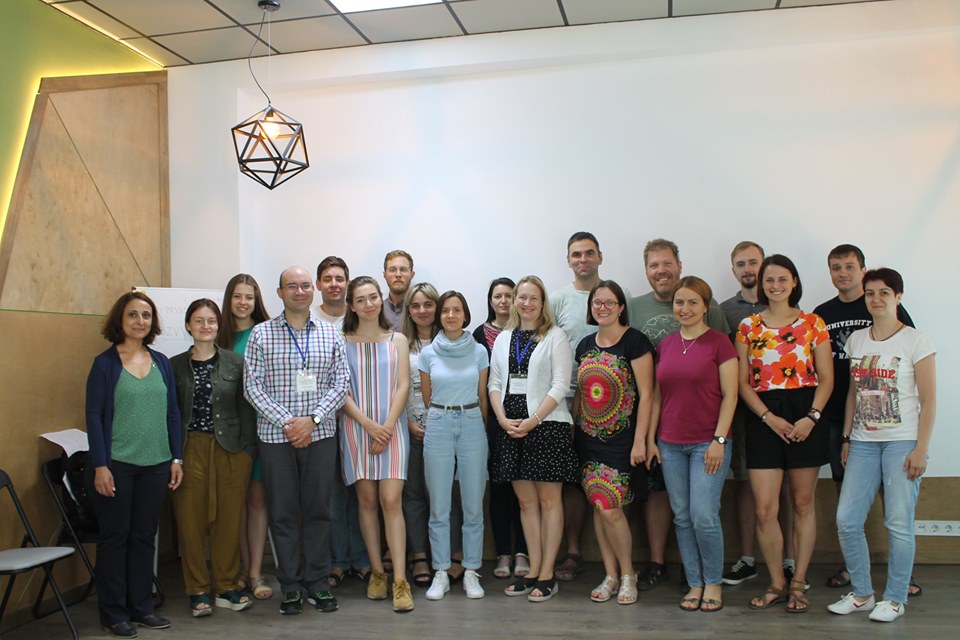Borderland Studies in East Central Europe and the Black Sea Region
June 24 –July 5, 2019
Hub Rozvytok, Kharkiv, Ukraine
The summer school focuses on the past and present of physical, symbolic and imaginary borders in East Central Europe and the Black Sea Region. It offers a possibility to gain knowledge on the up-to-date research in borderlands studies. Moreover, the school provides young researchers and practitioners with an opportunity to present their projects, participate in public events and discussions, and join an international network of scholars.
The borderland-studies field is broad and interdisciplinary and explores connections, divisions, and heterogeneities. The school proposes a set of theoretical approaches and methods of studying and working with the topic of borderlands. While focused primarily on Ukraine, the summer school provides a complex comparative framework of borderlands in East Central Europe and the Black Sea Region. The school’s program consists of four core courses and guest lectures that offer analytic tools by which to approach borderlands from a historical, geographical, cultural, sociological and memory studies perspective. The summer school format combines lectures, seminars, city walks, workshops, discussions, and public events.
- Курси лекцій та семінарів
-
-
Steven Seegel
University of Northern Colorado, USA - Mapping East European Empires
-
Mayhill Fowler
Stetson University, USA - Analyzing Borderland Cultures: Methods and Questions
-
Tomasz Zarycki
University of Warsaw, Poland - Historical and International Perspectives on Real and Phantom Borders in Eastern Europe
-
- Гостьові лекції
-
-
Olga Filippova
V.N. Karazin Kharkiv National University, Ukraine - Whose is Kharkiv: (de)secularization, glocalization and symbolic marking of the city’s space
-
Annika Frieberg
San Diego State University, USA - Illusions and Realities of Conflict Resolution in Borderland Areas: Polish-German Relations in the Postwar Era
-
Yana Volkova
Odesa Mechnikov National University, Ukraine - Diasporas in the Black Sea Region: trouble-makers or international dialog facilitators?
-
Contact information
[email protected]
ethnickh.wordpress.com
+38 (050) 298-21-90
Organizers:
Center for Interethnic Relations Research in Eastern Europe, Kharkiv, Ukraine;
Center for Governance and Culture in Europe at the University of St. Gallen, Switzerland;
Center for Urban History in East Central Europe, Lviv, Ukraine

